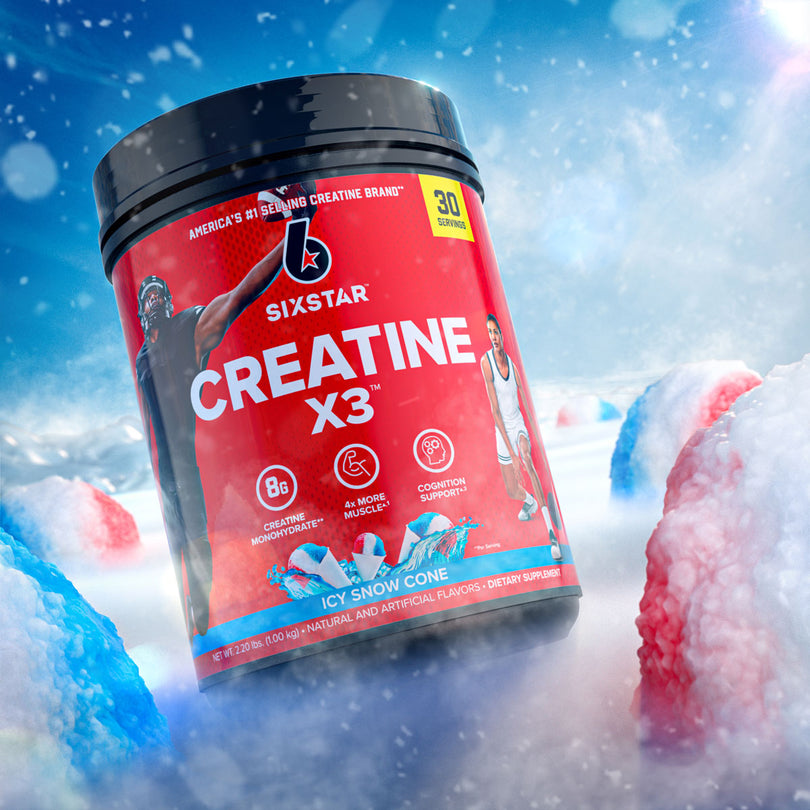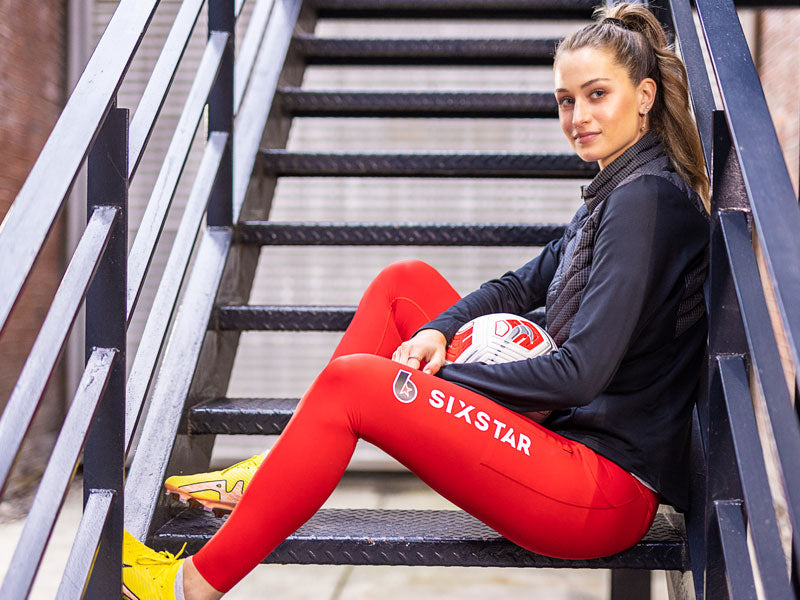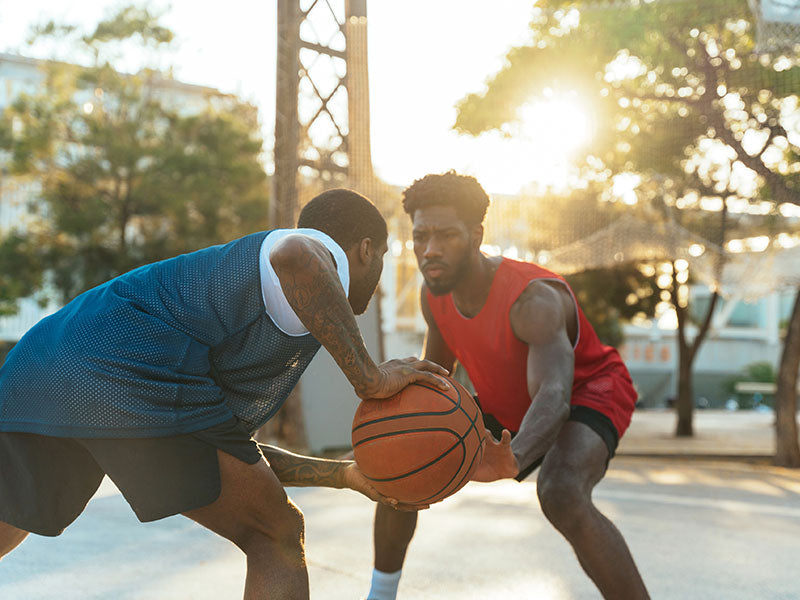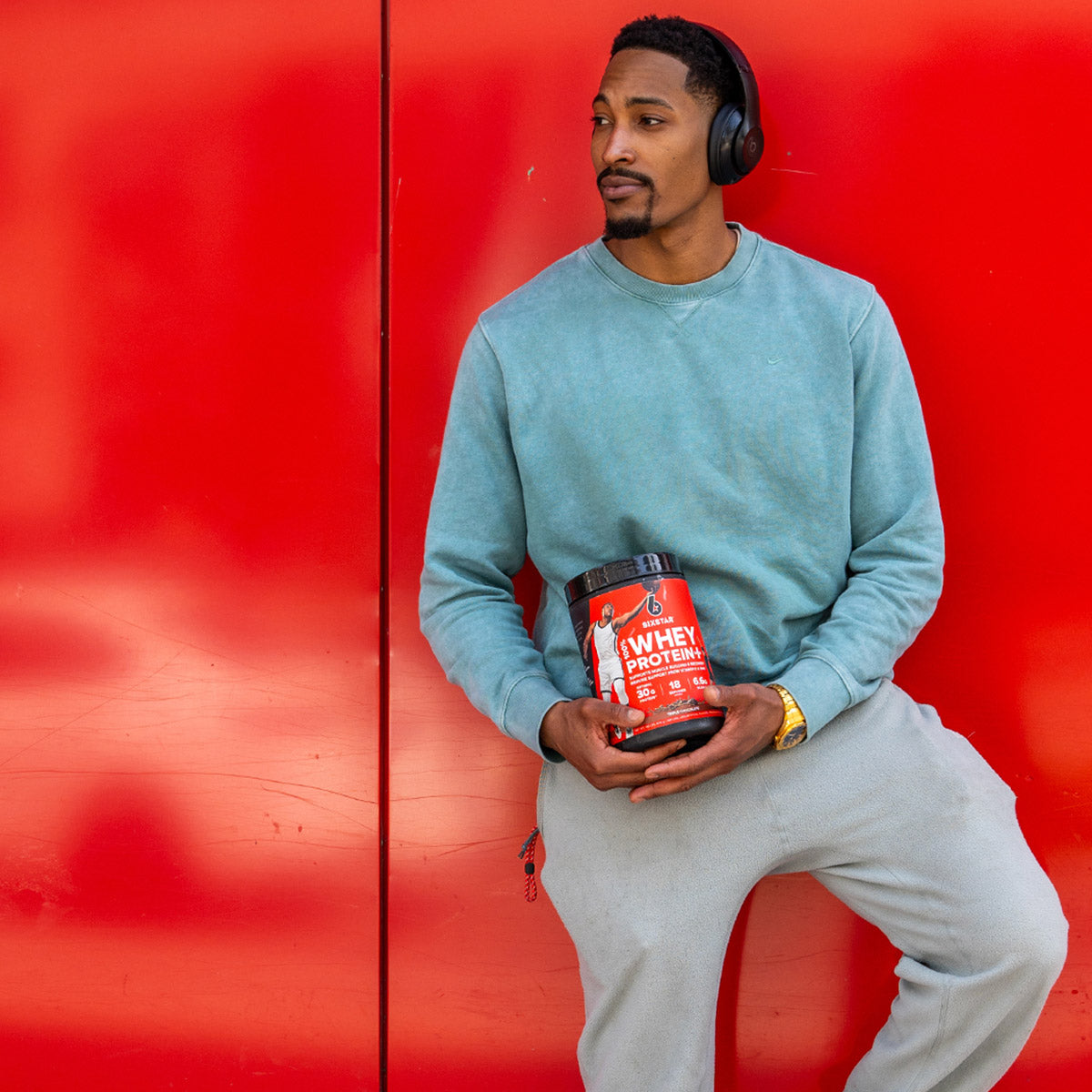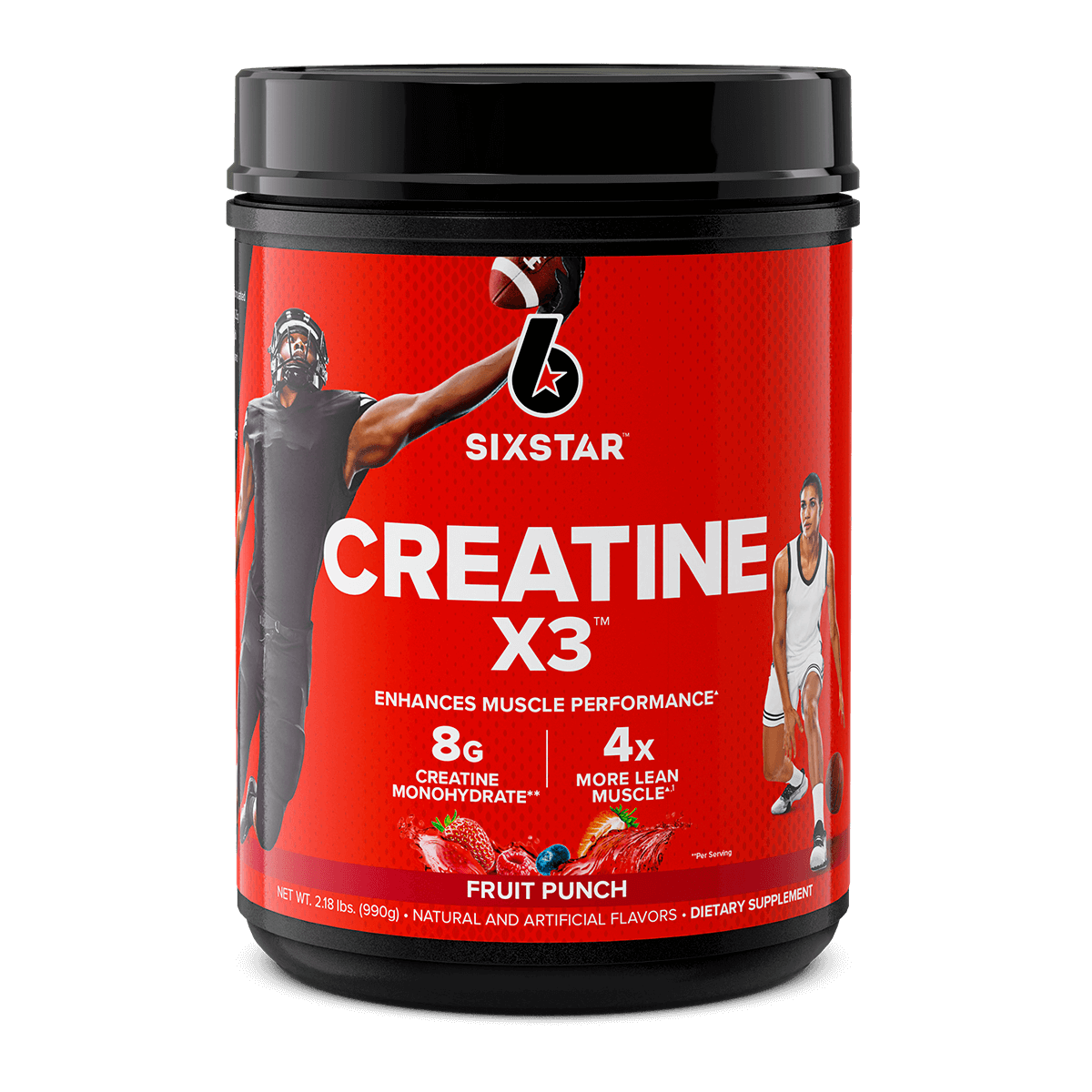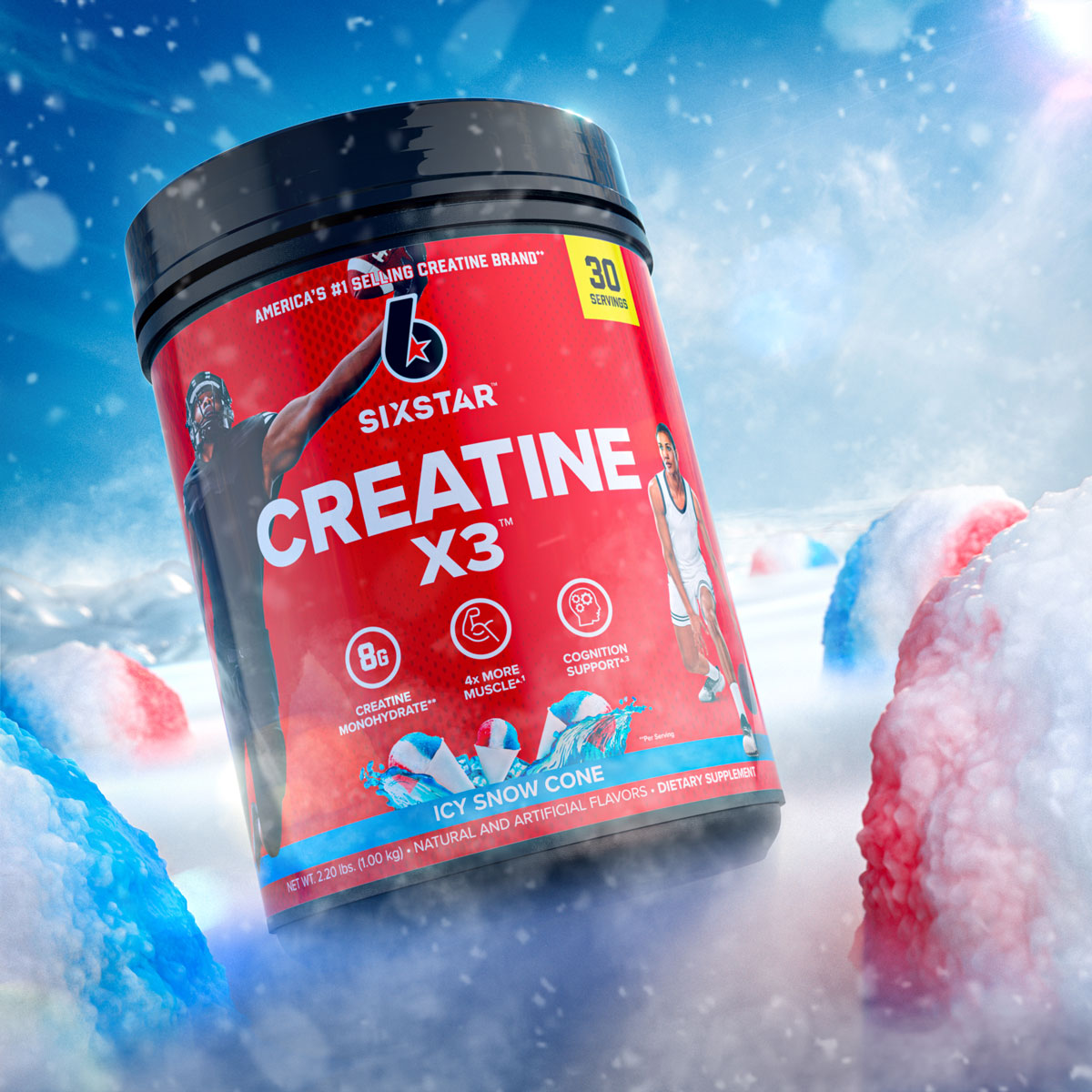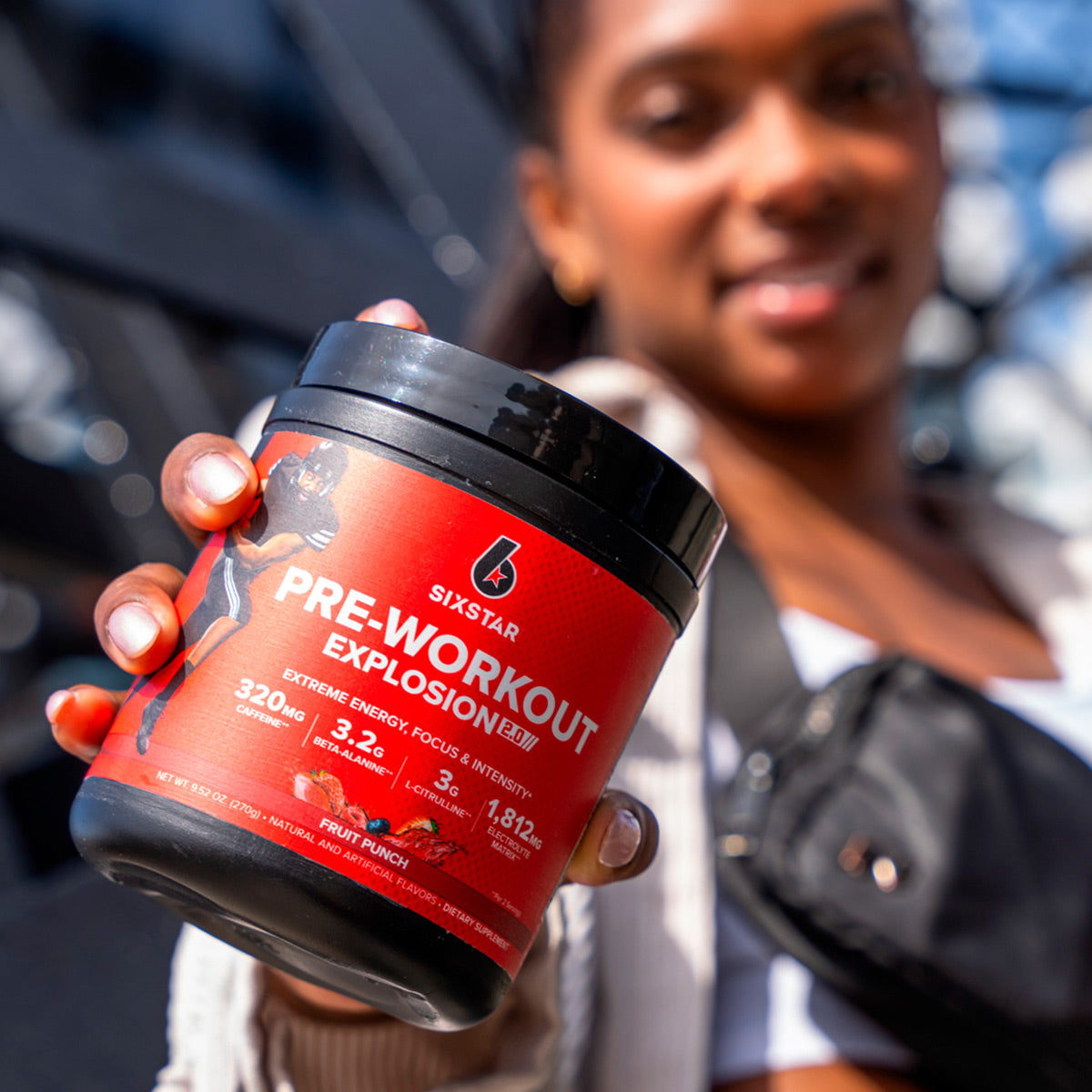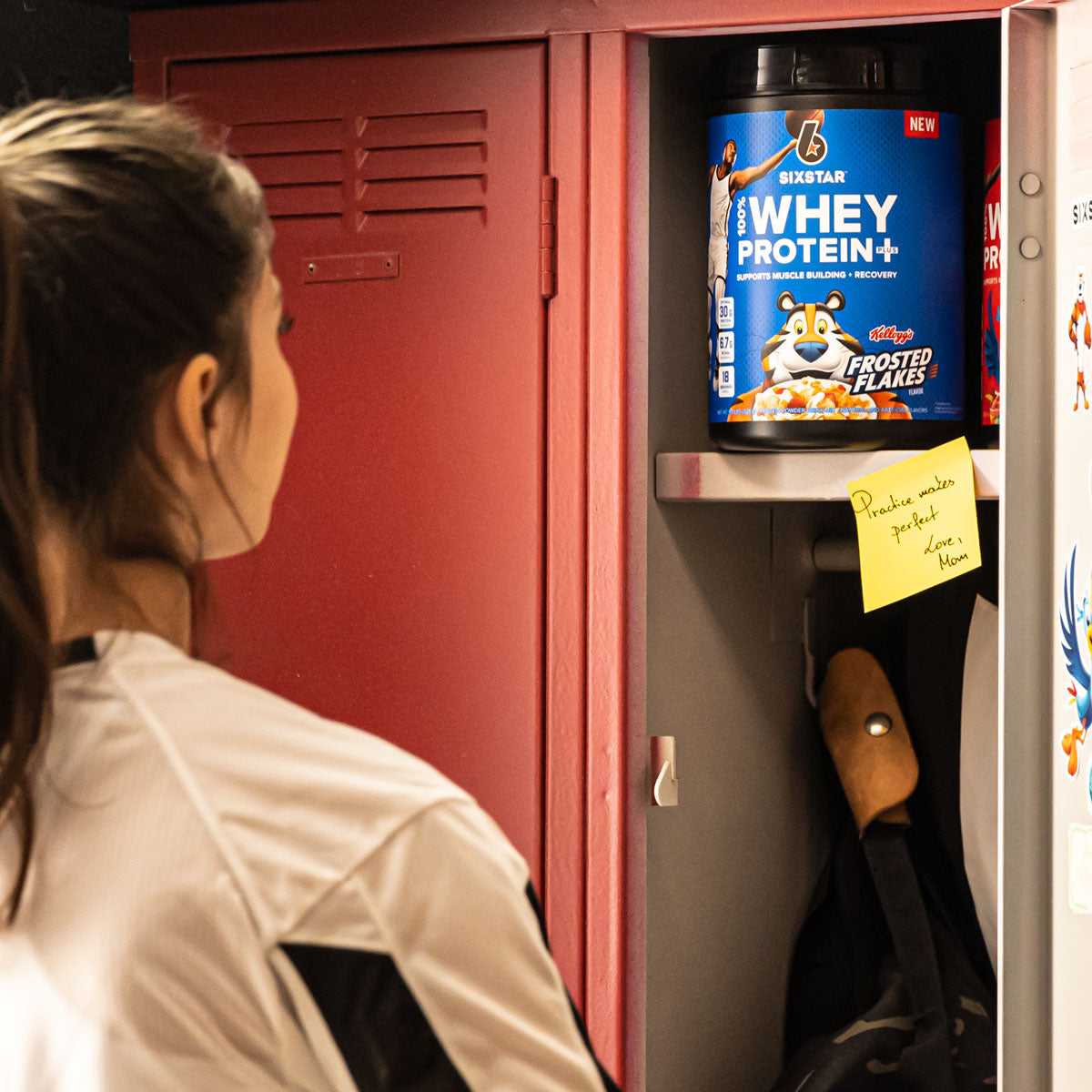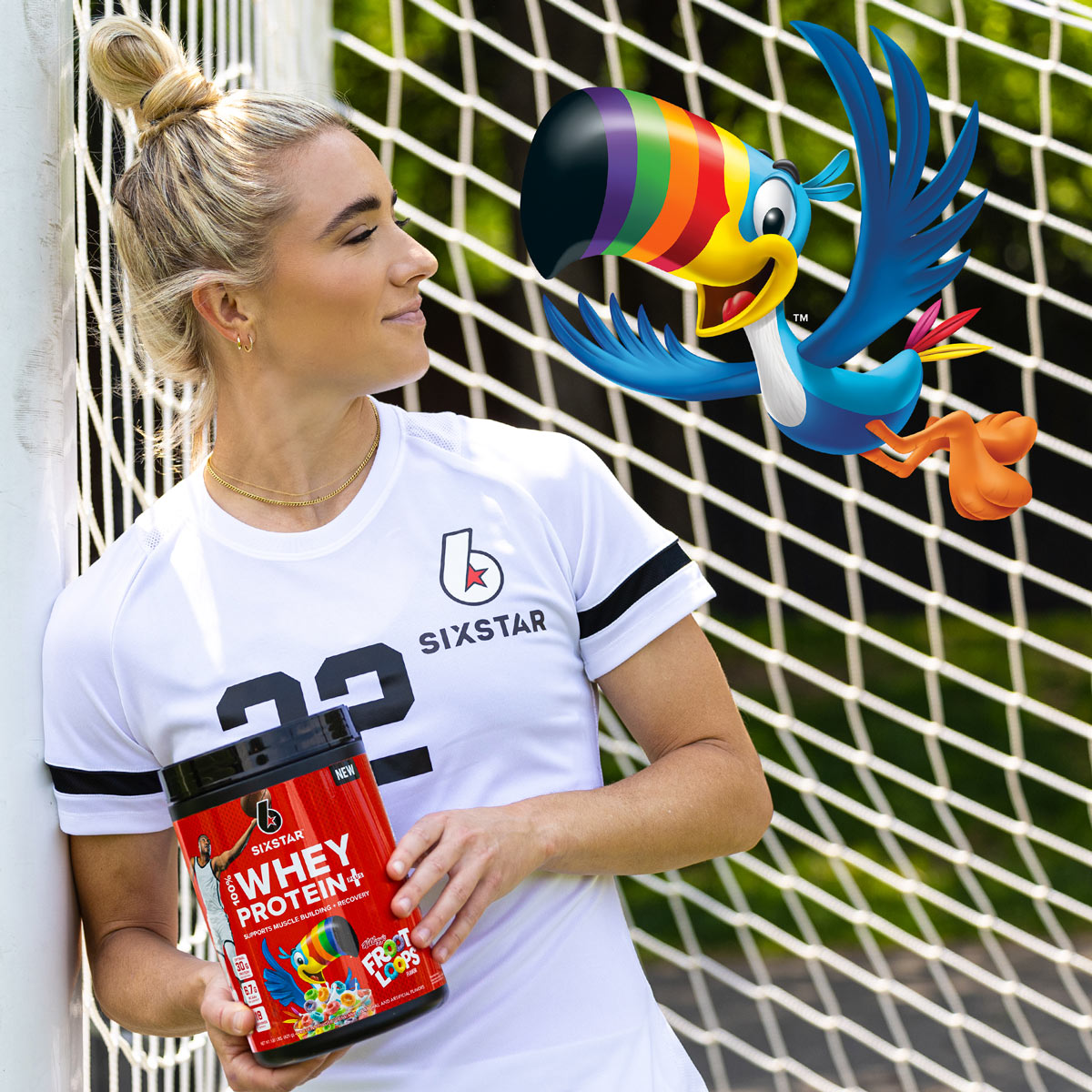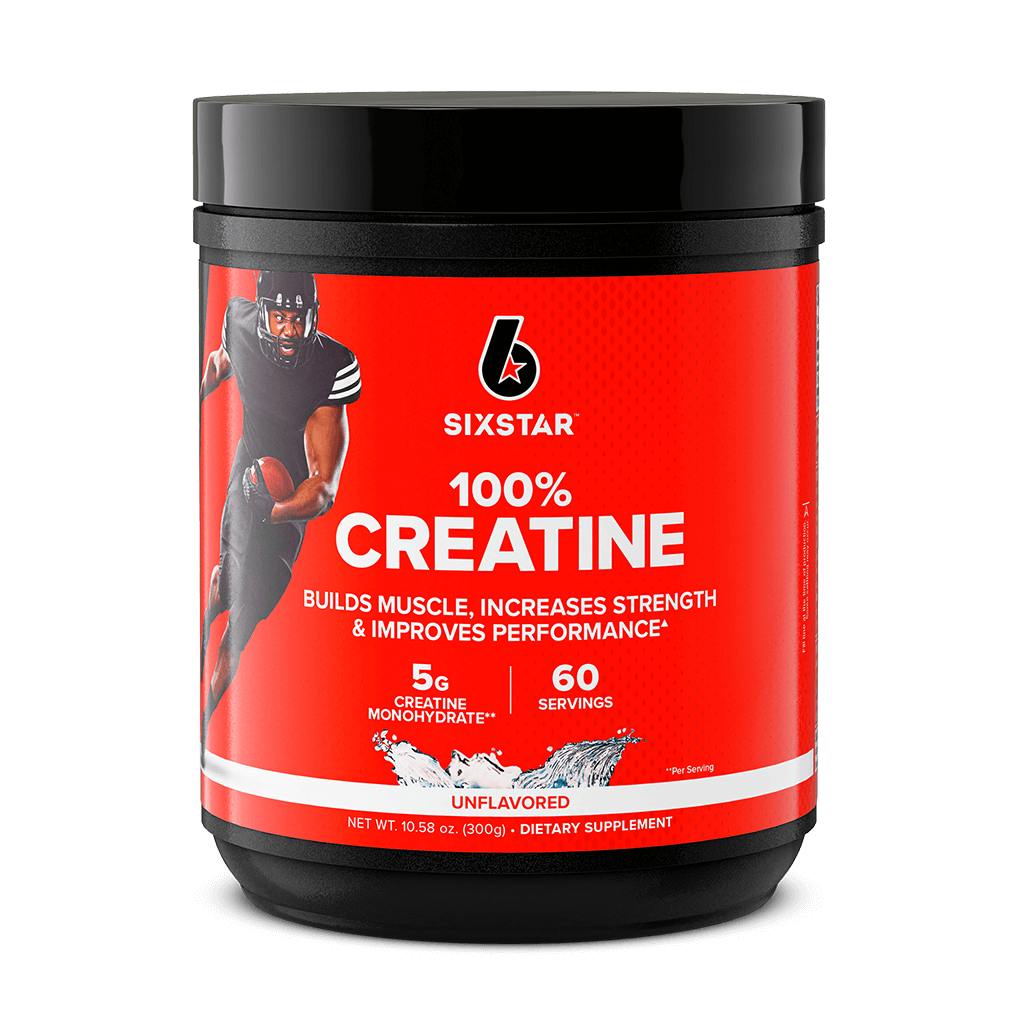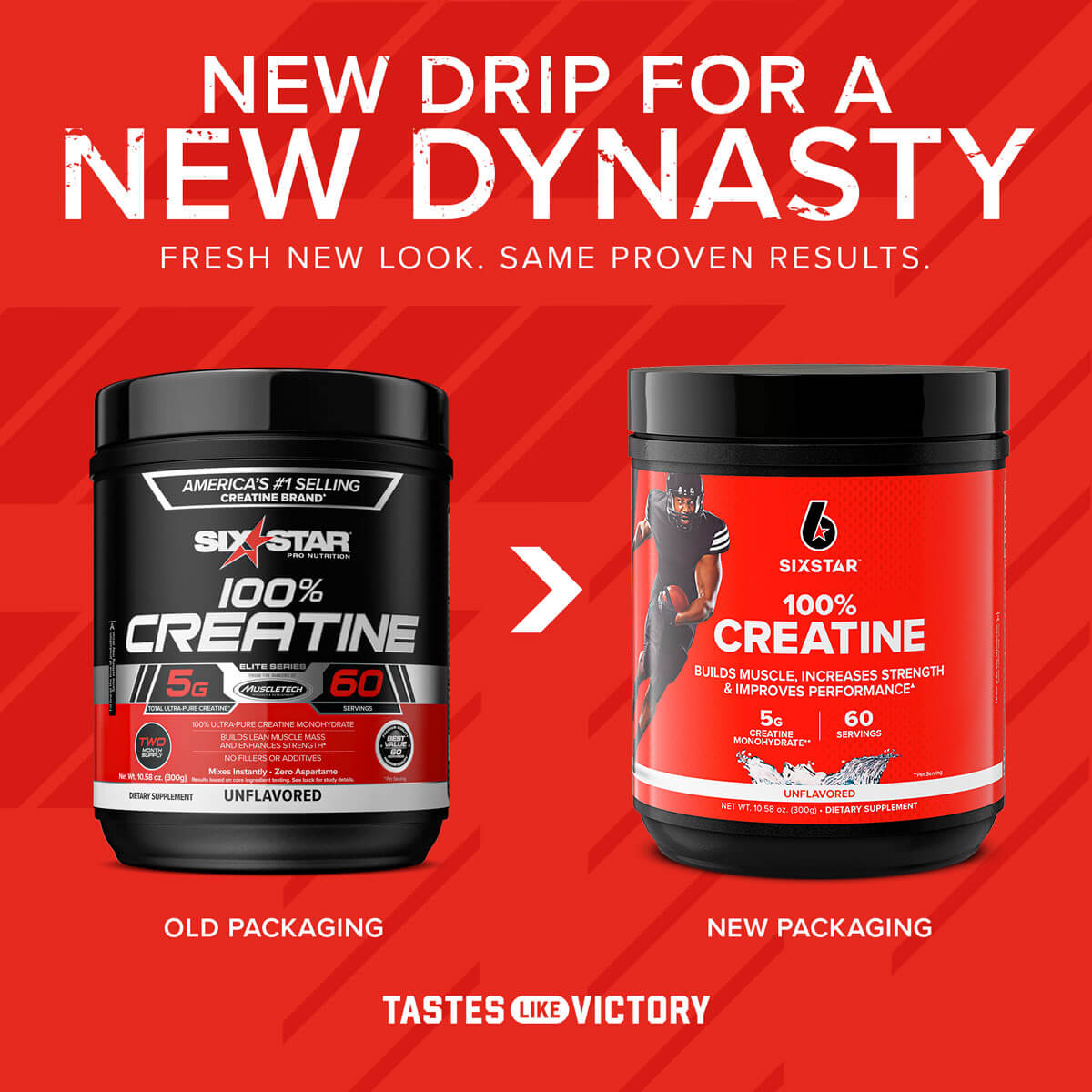You've invested years of your young life playing a sport you love, putting in the hours to be the best in your field and now you’ve secured your spot in the scant 2%—it’s no small feat.
But before the reality of this milestone accomplishment even sets in, so does the realization that you’re no longer the same big fish in a little pond—and everything is about to change. Your level of expertise, discipline and mental toughness will be tested.
To help with some mental prep strategies for when you make it, we spoke to two leading sports psychologists, Dr. Jim Taylor, author of 19 books including Train Your Mind for Athletic Success and Nicholas Santino, Director of Coaching and Senior Mental Performance Coach at CEP Mindset Inc. in Toronto, Canada. Here’s what they had to say about reframing your mind for growth and staying hungry and humble.
1. Recalibrate Goals and Check Ego
So you’re elevating from a prospective athlete to D1. You’re used to being at the top of your game but now you have to take a step back and relearn how to play at a higher collegiate level. The time to embrace the process is now.
“Instead of thinking, ‘I have to make it right now’, see that this is a process where you still need to get better,” explains sports psychologist Jim Taylor, PhD. “You see this with athletes who move up to either Olympic-level or professional-level—they're often quite a small fish in a very big pond. Results matter—but by focusing on results, it actually prevents you from getting those results because of expectations, pressure, distraction, and so on, and so continuing to step back and go, ‘Okay, what do I need to do now to continue my journey as an elite athlete?’ That's very important. If you don't recalibrate your goals, you're going to stay where you are.”
The next big thing is to keep your ego in check. The move to D1 is one that may come with media attention, sponsorships and even compensation. “All of a sudden you think you're unbelievable and that you're going to be a superstar. But what people don't realize is the average length of a professional baseball, basketball, or football player is about four years,” Taylor says. “You hear of those who have been in the game for 10 to 15 years and made an ungodly amount of money, but the fact is very few do, whether it's because of injury or deselection. So continue to stay focused on what you need to do to develop as an athlete and grow into a true, long-lasting, high-level athlete.”
2. Reflect, Apply Stress and Prep
According to sports psychologist and Director of Coaching and Senior Mental Performance Coach at CEP Mindset Nicholas Santino, there are three major ways to mentally prepare for the next echelon in your sport. Number one is reflection. If you got into college that means you’ve made a similar move before from minor sports. Now is a good time to reflect on how you handled that change. Were you ready—or not? How did you handle it? How can you use your previous experience to make this time around better?
Next up is, “Stress, stress, stress. If you want to be elite, you’ve got to be one step ahead,” Santino says. “In the first year, adjust and get comfortable. The second year, get after it and push. If you're trying to go pro, get ready for the stresses of pro. Implement that into your days, create the constraints in your life—the pressures and the mindset and the environment that's going to be waiting for you. Will it be the same? No, because you're manufacturing it yourself. But it will be closer, and the jump between college and pro will be smaller.”
And third, know what things throw you out of your zone. Figure out what stirs anxiety, frustration or nervousness, “It could be the idea of a coach yelling at you in front of everyone,” Santino says. “For some people, it might not faze them, but the core problem could be the same.” For example, getting yelled at may make you think, “I'm not going to get playing time. People will think I suck”. And for someone else, it may be a mistake on the field and they have the same worry about lack of playing time and poor perception. The problem is the same.
“Think about what stuff bothers you. Is it the lack of playing time? Someone's opinion? The need to be validated that you can do it and get the results? Figure out how they make you feel, know the problems that arise and start thinking about—if that happens—what will I do? That’s one of the biggest things anyone can do alone, with no support from anyone else.”
3. Replace “Confidence” with Self-Belief
If you find yourself faced with the pressure of making it and think, “I need more confidence”, Santino says take that word and throw it away.
“Confidence” is a prominent word in society—and within sports specifically—and most people view it either as, “I have confidence” or “I don't”. But Santino says that's not the case, explaining that it’s more of a spectrum, not a dichotomy. “It's a very emotional term. Everyone wants it. But yet it's an umbrella term—it's not specific. If you want to have confidence, throw it out the window and replace it with a sense of self-belief”. Here’s how.
Santino explains that we have four sources of psychological self-efficacy: mastery experience, vicarious experience, persuasion, and our physical and emotional state, as theorized by Canadian-American psychologist Albert Bandura. They are tangible things we can work on. You can learn by mastering things. You can learn vicariously by talking to people and getting their feedback. You can learn how to persuade yourself through self-talk. And you can learn how to get your physical and emotional state at the right level in order to best prepare.
“An easy example is, if I'm sick and I have the flu, am I going to be as ‘confident’? No, right? But if I stretched and I took my hot and cold baths all week and I did my thing and my body's feeling good, then that goes across those [sources]. So get rid of confidence and replace it with a sense of self belief. You have those four categories that you can work on”.
4. Practice TFA: Think, Feel and Act
Another tactic that’s more specific and applicable than the vague idea of “confidence” is what Santino calls “TFA: Think, Feel and Act''. Ask yourself precisely how you think, feel and act (TFA) when you are feeling confident. Perhaps it’s, “When I'm confident, I think about how I will contribute on my next shift in hockey. I actually feel taller and wider. I act quicker and I'm faster on my toes. Don't just feel ‘confident’. Feel big and tall. Think about how you want to contribute. Now you’re getting away from the emotions, focusing on self belief and focusing on the specific things that are 100% within your influence.”
5. Set Yourself Up for Alternative Success
Developing tunnel vision for your sport may be tempting but it’s key to diversify and plan for alternative success even while you chase your dream. Santino strongly advises against going to school just to play your sport.
“This happens way too often. You're gung ho on exactly what you want to do. You’re an elite, you're the best of the best and then who knows what happens throughout college and you just don't make it on the other side,” he says. Getting to that point and realizing you have a poor degree or you didn't do well—or took something that was nonsense—is not a place you want to end up.
His advice? “Go to school for something that's valuable. Valuable to the world and valuable to you. Valuable to your world—whatever that is, wherever you're from, whatever community you know that adds value to.”
Go through college with the mindset that even if you do wind up going pro, that road will end at some point. Even if you’re financially set, that doesn’t promise a fulfilled life. “You’ll probably go very bored, so be ready,” Santino says. “You're going to have to transition to something else otherwise. So start that planning while you get the opportunity within school so you have the education for it.”
*The links used in this article are being provided as a convenience and for informational purposes only; they do not constitute an endorsement or an approval by Iovate Health Sciences International Inc. or any of its affiliates (“Iovate”) of any of the products, services or opinions of the corporation or organization or individual. Iovate bears no responsibility for the accuracy, legality or content of the external site or for that of subsequent links. Contact the external site for answers to questions regarding its content.

